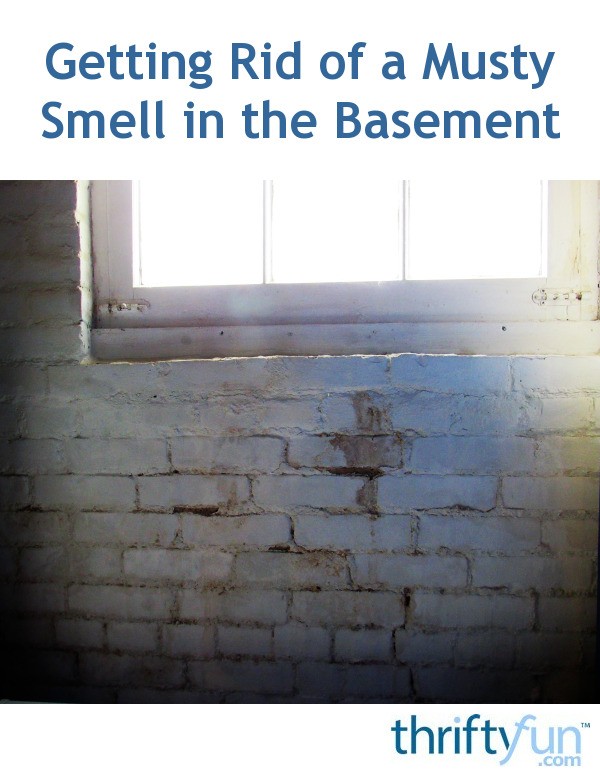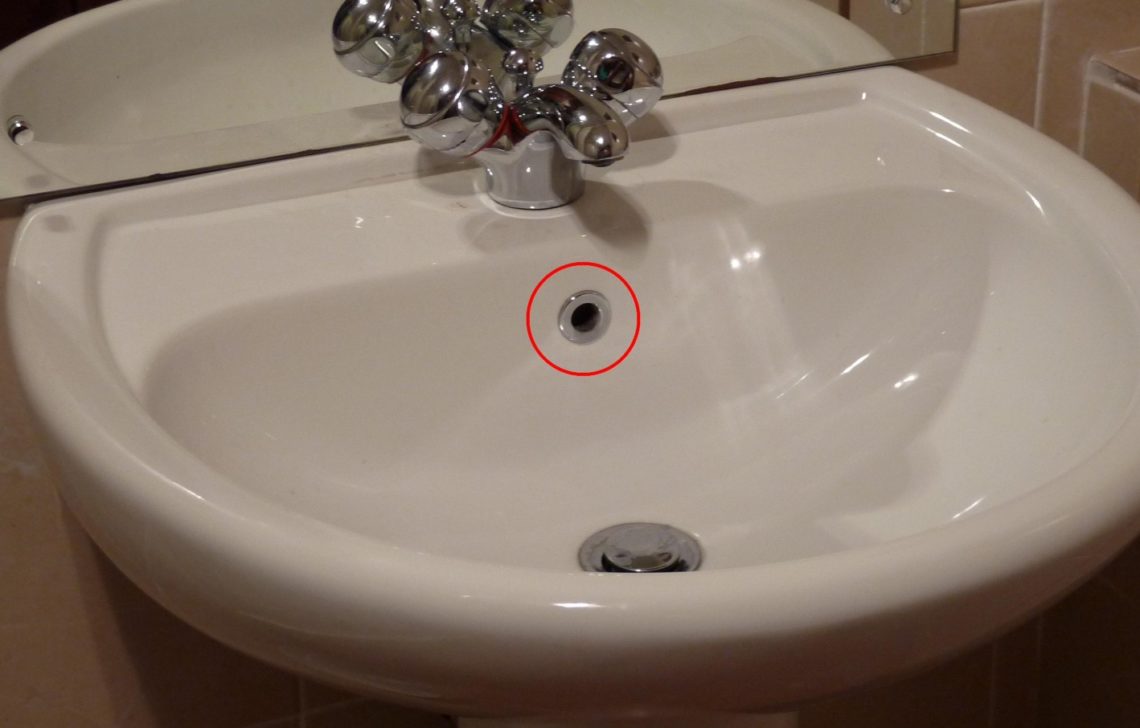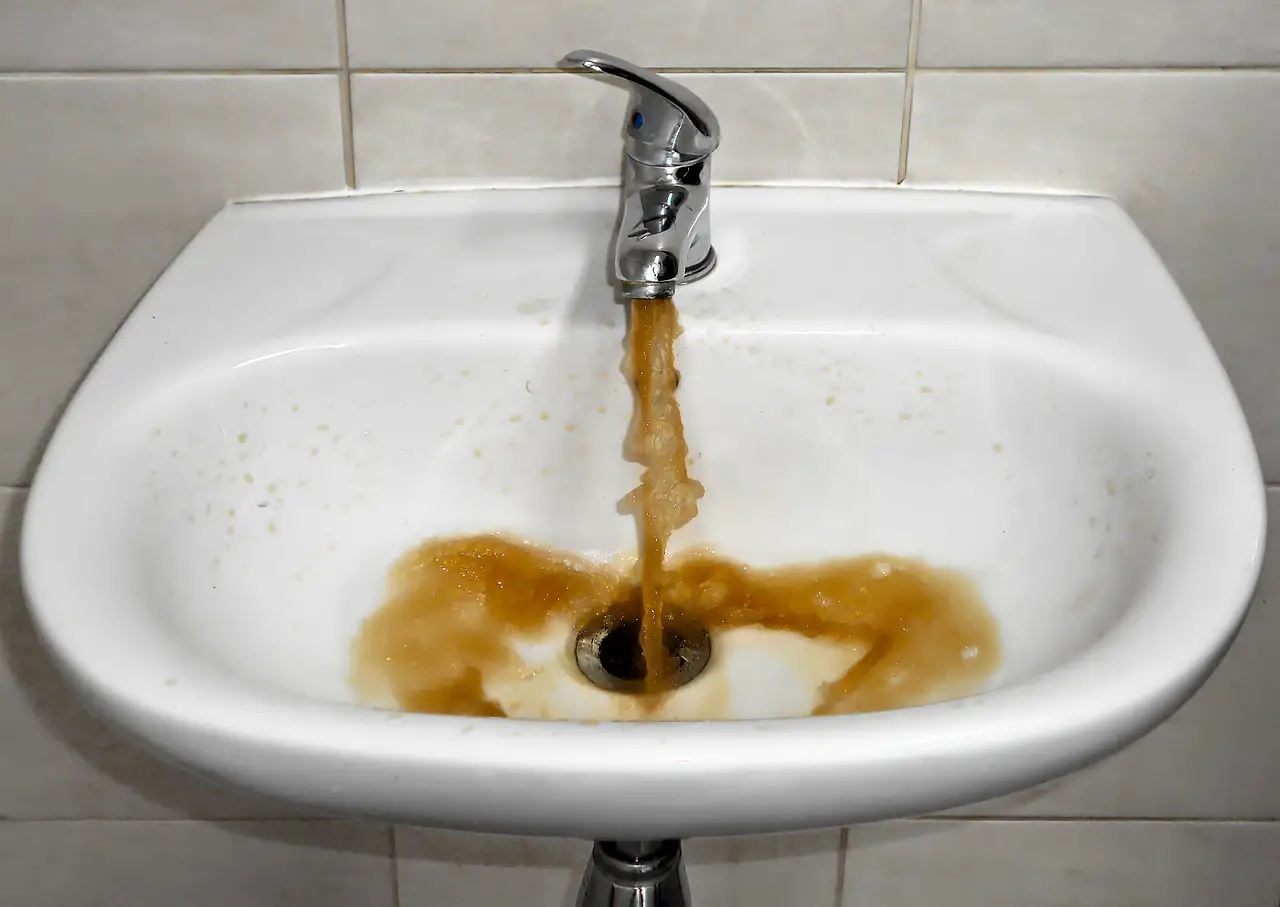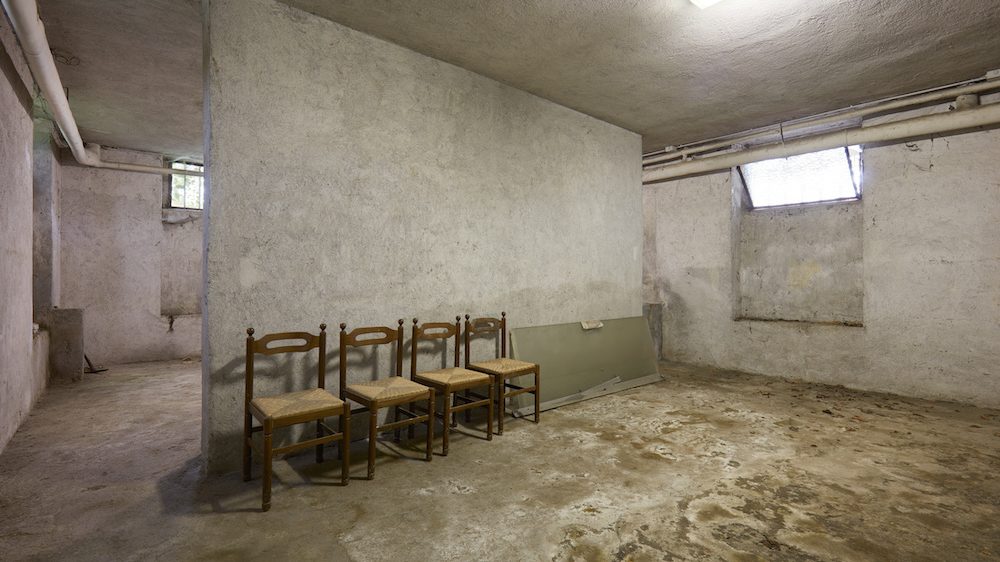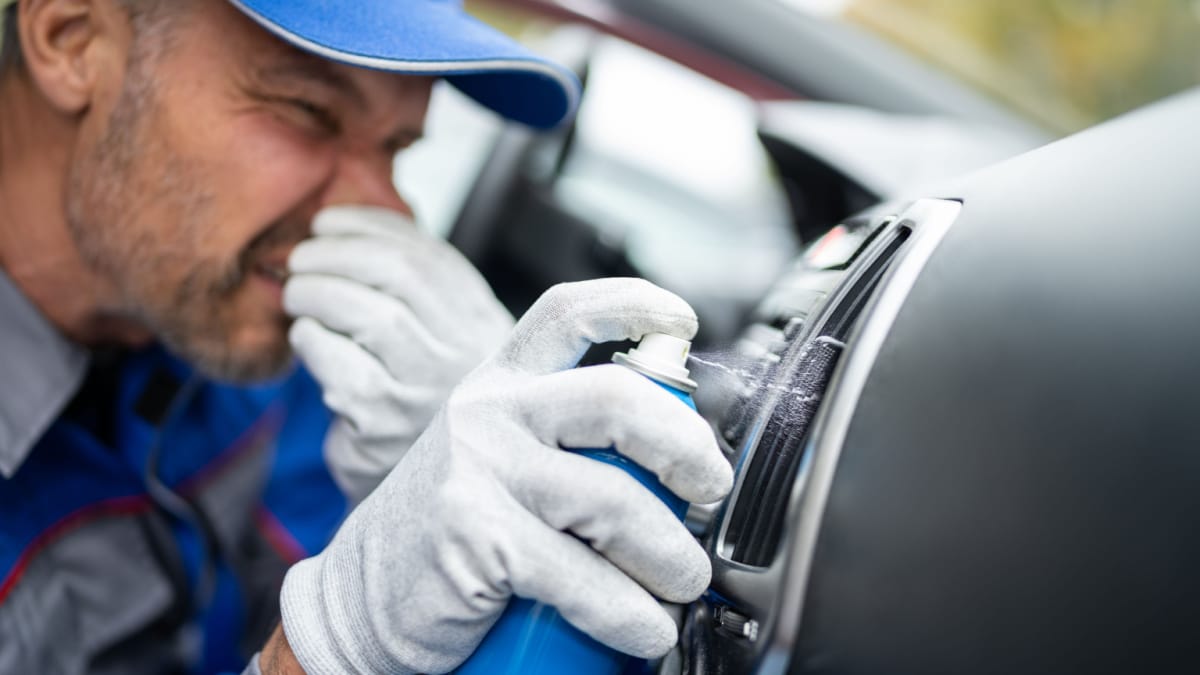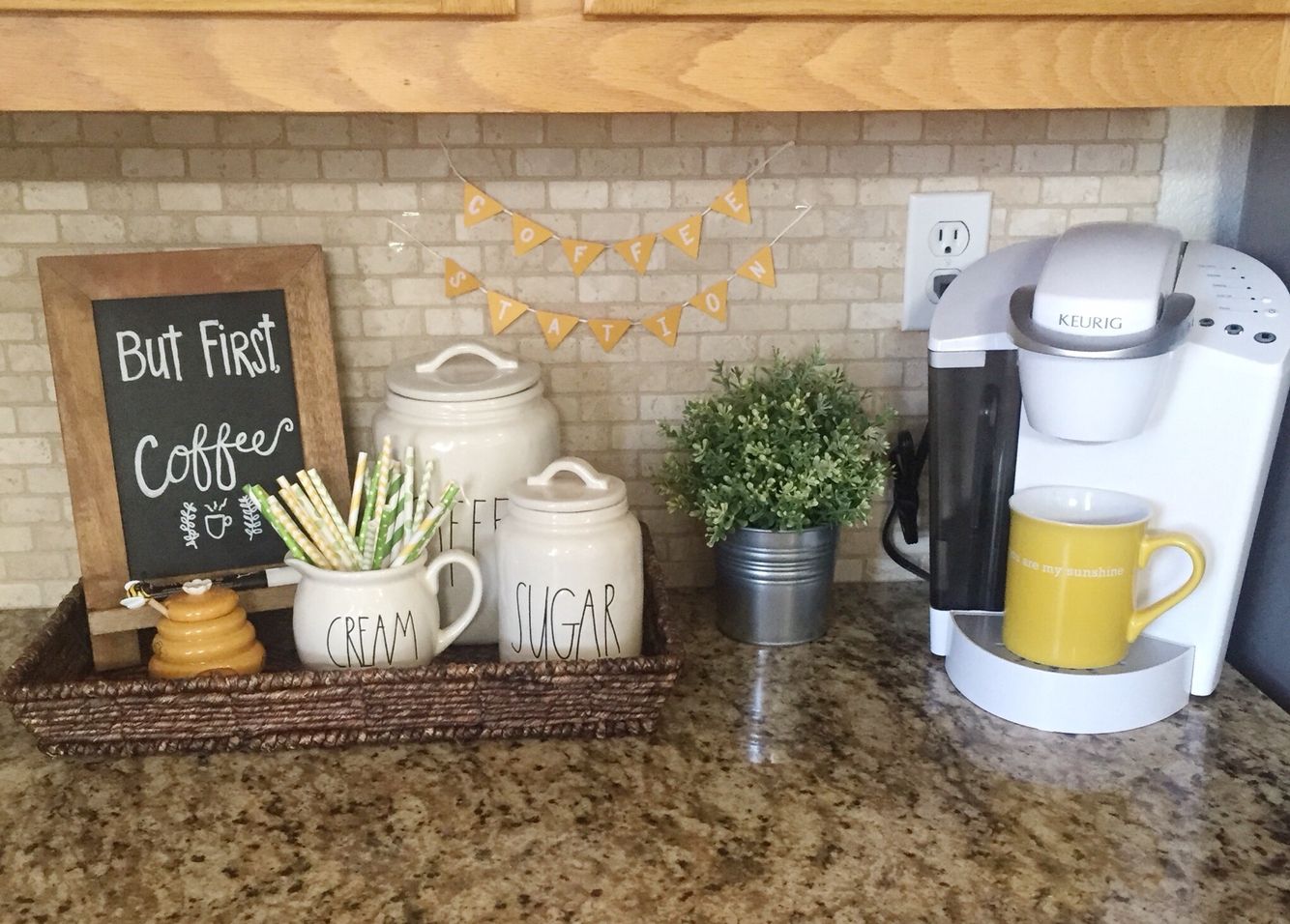Eliminating Musty Smells from Bathroom Sinks
Musty smells coming from bathroom sinks can be unpleasant and embarrassing. Not only does it make your bathroom smell bad, but it can also be a sign of potential mold or mildew growth. Fortunately, there are ways to eliminate these musty odors and keep your bathroom smelling fresh and clean.
DIY Remedies for Musty Smells in Bathroom Sinks
If you're dealing with musty smells in your bathroom sink, there are several DIY remedies you can try before calling a professional. One effective method is to pour a mixture of baking soda and white vinegar down the drain. Let it sit for a few minutes, then rinse with hot water. This will help to break down any buildup and eliminate odors.
Another DIY solution is to use a mixture of lemon juice and water. Lemon has natural deodorizing properties and can help to freshen up your sink. Simply mix equal parts lemon juice and water and pour it down the drain. Let it sit for a few minutes before rinsing with hot water.
Common Causes of Musty Smells in Bathroom Sinks
Musty smells in bathroom sinks can have various causes. One of the most common culprits is a buildup of hair, soap scum, and other debris in the drain. This can lead to mold and mildew growth, causing the musty odor. Another cause could be a clogged vent pipe, which allows sewer gases to escape into your bathroom.
In some cases, the musty smell may be coming from the overflow in your sink. This can happen when water and debris get trapped in the overflow, creating a breeding ground for bacteria and mold. It's important to regularly clean and disinfect the overflow to prevent this from happening.
Musty Smell Coming from Bathroom Sink Drain
If the musty smell is coming from your bathroom sink drain, it's likely due to a buildup of organic matter and bacteria. Regularly cleaning and disinfecting your drain can help to prevent this issue. You can also try using a plumbing snake or plunger to remove any clogs and improve drainage.
If the smell persists, it could be a sign of a more serious issue, such as a broken or cracked pipe. In this case, it's best to call a professional plumber to inspect and repair the problem.
Removing Musty Smells from Bathroom Sink Overflow
As mentioned earlier, the overflow in your bathroom sink can also be a source of musty smells. To remove these odors, you can use the DIY remedies mentioned above or try using a commercial drain cleaner. Be sure to follow the instructions carefully and use the cleaner in a well-ventilated area.
Another effective method is to pour a mixture of hot water and bleach down the overflow. Let it sit for a few minutes, then rinse with cold water. This will help to kill any bacteria and eliminate the musty smell.
Musty Smell in Bathroom Sink: What You Need to Know
If you're dealing with a persistent musty smell in your bathroom sink, there are a few things you should know. First, it's important to identify and address the root cause of the odor. This may require some detective work, but it's crucial to prevent the smell from returning.
Second, regular maintenance and cleaning of your bathroom sink can go a long way in preventing musty smells. Be sure to clean the sink and drain regularly and address any clogs or buildup promptly.
Musty Smell in Bathroom Sink: Common Culprits and Solutions
As mentioned earlier, a buildup of organic matter, hair, and soap scum in the drain is a common cause of musty smells in bathroom sinks. To prevent this, you can install a drain strainer to catch debris and regularly clean the drain with a DIY solution or commercial cleaner.
A clogged vent pipe can also be a culprit, and it's important to address this issue to prevent sewer gases from escaping into your bathroom. This may require the help of a professional plumber.
Musty Smell in Bathroom Sink: Tips for Prevention
The best way to deal with musty smells in your bathroom sink is to prevent them from occurring in the first place. Regular maintenance and cleaning are essential, but there are a few other tips you can follow to keep your sink smelling fresh.
First, be mindful of what you pour down your sink. Avoid pouring grease, oil, and food scraps down the drain, as these can contribute to clogs and odors. Second, be sure to run hot water down the drain after each use to help keep it clear. Finally, consider using a natural enzyme-based drain cleaner on a monthly basis to prevent buildup and odors.
Musty Smell in Bathroom Sink: Professional Solutions
If the musty smell persists despite your best efforts, it may be time to call in a professional plumber. They can inspect your sink and plumbing system and identify any underlying issues that may be causing the odor. They may also use more powerful solutions to eliminate the smell and prevent it from returning.
Musty Smell in Bathroom Sink: When to Call a Plumber
While many musty smells in bathroom sinks can be resolved with DIY solutions or regular maintenance, there are times when it's best to call a plumber. If you've tried everything and the smell persists, or if you suspect there may be a larger issue, it's best to let a professional handle it.
Additionally, if you notice any other plumbing issues, such as slow drainage, gurgling sounds, or water backups, it's important to call a plumber right away. These could be signs of a more serious problem that requires immediate attention.
Conclusion
Musty smells coming from bathroom sinks can be a nuisance, but they can also indicate potential plumbing problems. By following the tips and solutions mentioned above, you can eliminate these odors and keep your bathroom smelling fresh and clean. Remember to regularly clean and maintain your sink and plumbing system to prevent musty smells from returning. If the smell persists or you notice other plumbing issues, don't hesitate to call a professional for help.
Causes of a Musty Smell Coming From Bathroom Sink
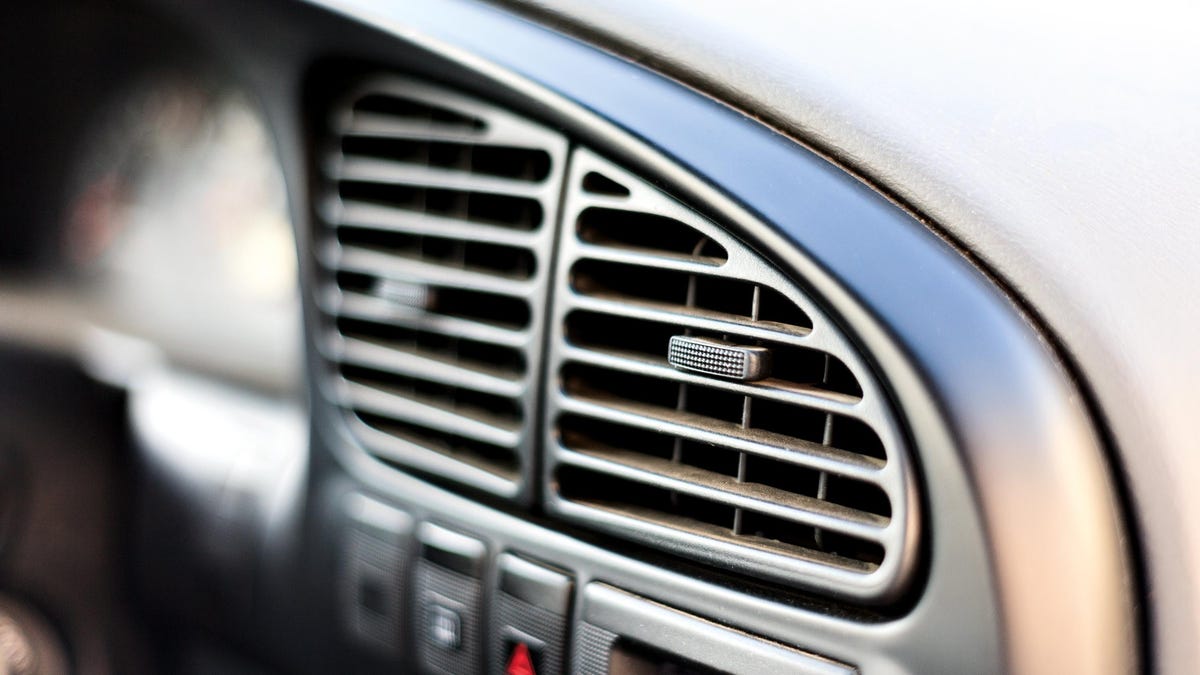
Identifying the Problem
 When it comes to house design, the bathroom is often one of the most overlooked areas. However, it is also one of the most important spaces in a home. The bathroom sink, in particular, is an essential fixture as it is used for daily hygiene routines. So, when a musty smell starts emanating from it, it can be quite unpleasant and concerning.
When it comes to house design, the bathroom is often one of the most overlooked areas. However, it is also one of the most important spaces in a home. The bathroom sink, in particular, is an essential fixture as it is used for daily hygiene routines. So, when a musty smell starts emanating from it, it can be quite unpleasant and concerning.
Possible Causes
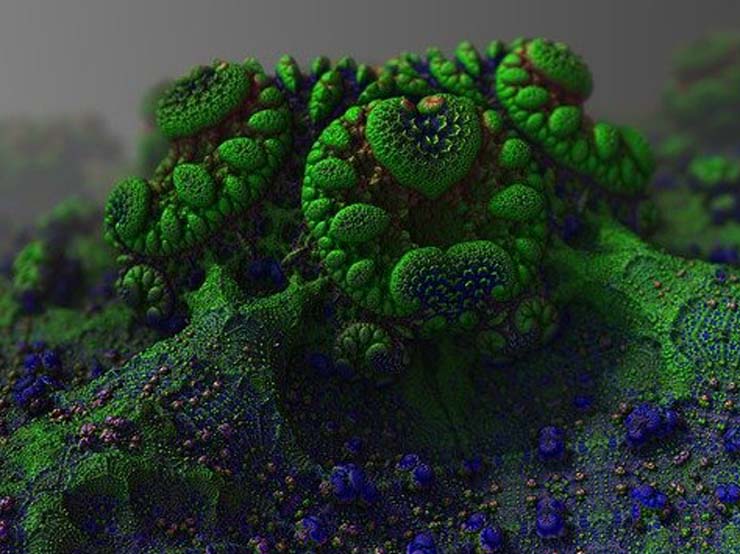 There are several reasons why a musty smell may be coming from your bathroom sink. One of the most common causes is the accumulation of bacteria and mold in the drain. This can happen due to a buildup of hair, soap scum, and other organic matter, creating a breeding ground for these microorganisms. Another possible cause is a leak in the plumbing, which can lead to stagnant water and mold growth inside the pipes.
There are several reasons why a musty smell may be coming from your bathroom sink. One of the most common causes is the accumulation of bacteria and mold in the drain. This can happen due to a buildup of hair, soap scum, and other organic matter, creating a breeding ground for these microorganisms. Another possible cause is a leak in the plumbing, which can lead to stagnant water and mold growth inside the pipes.
The Importance of Fixing the Issue
 Aside from being unpleasant, a musty smell coming from your bathroom sink can also be a sign of potential health hazards. Bacteria and mold can release spores into the air, which can cause respiratory issues and allergies, particularly in individuals with weakened immune systems. Additionally, a leak in the plumbing can result in water damage and costly repairs if left unaddressed.
Aside from being unpleasant, a musty smell coming from your bathroom sink can also be a sign of potential health hazards. Bacteria and mold can release spores into the air, which can cause respiratory issues and allergies, particularly in individuals with weakened immune systems. Additionally, a leak in the plumbing can result in water damage and costly repairs if left unaddressed.
Steps to Address the Problem
 If you are experiencing a musty smell coming from your bathroom sink, it is essential to take immediate action. The first step is to thoroughly clean the sink and drain, using a mixture of
baking soda and vinegar
to help eliminate any bacteria and mold. If the issue persists, it may be necessary to call a professional plumber to inspect and repair any leaks in the plumbing.
If you are experiencing a musty smell coming from your bathroom sink, it is essential to take immediate action. The first step is to thoroughly clean the sink and drain, using a mixture of
baking soda and vinegar
to help eliminate any bacteria and mold. If the issue persists, it may be necessary to call a professional plumber to inspect and repair any leaks in the plumbing.
Prevention Tips
 To prevent a musty smell from coming back, it is crucial to regularly clean your bathroom sink and drain to prevent the buildup of bacteria and mold. You can also pour hot water and
bleach
down the drain once a week to help eliminate any lingering odors and prevent mold growth. Additionally, fixing any leaks in the plumbing and ensuring proper ventilation in the bathroom can also help prevent musty smells from returning.
To prevent a musty smell from coming back, it is crucial to regularly clean your bathroom sink and drain to prevent the buildup of bacteria and mold. You can also pour hot water and
bleach
down the drain once a week to help eliminate any lingering odors and prevent mold growth. Additionally, fixing any leaks in the plumbing and ensuring proper ventilation in the bathroom can also help prevent musty smells from returning.
In Conclusion
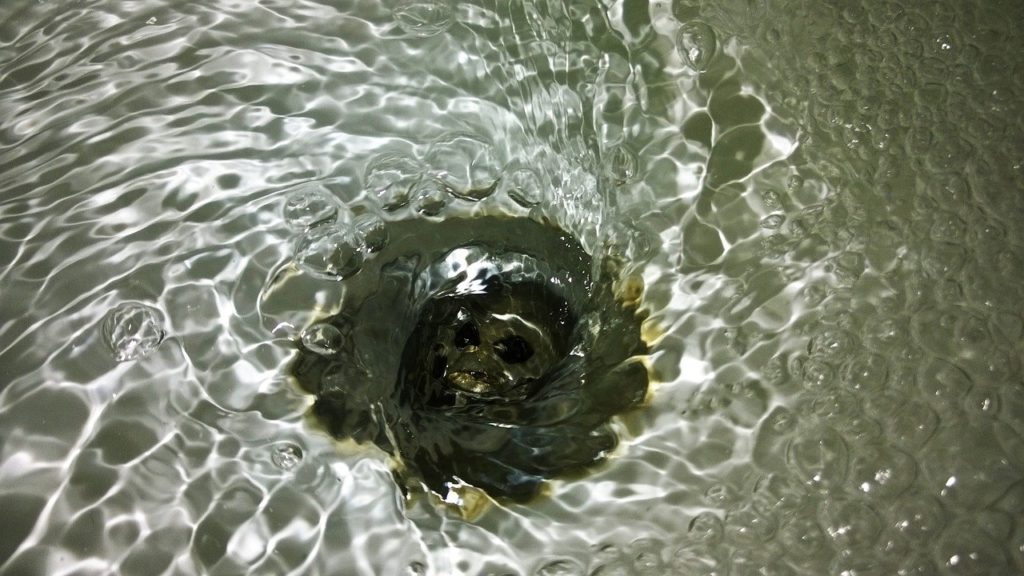 A musty smell coming from your bathroom sink is not only unpleasant but can also be a sign of potential health hazards. By identifying and addressing the issue promptly, you can ensure a clean and hygienic bathroom, making it a more enjoyable and functional space in your home. Regular maintenance and proper cleaning practices can go a long way in preventing a musty smell from returning and maintaining a healthy and inviting bathroom.
A musty smell coming from your bathroom sink is not only unpleasant but can also be a sign of potential health hazards. By identifying and addressing the issue promptly, you can ensure a clean and hygienic bathroom, making it a more enjoyable and functional space in your home. Regular maintenance and proper cleaning practices can go a long way in preventing a musty smell from returning and maintaining a healthy and inviting bathroom.








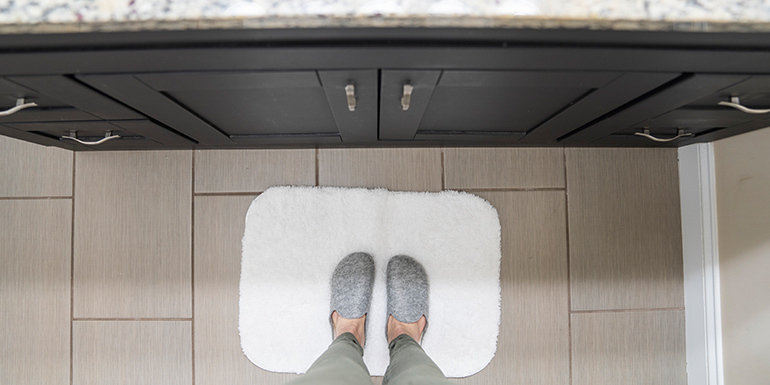




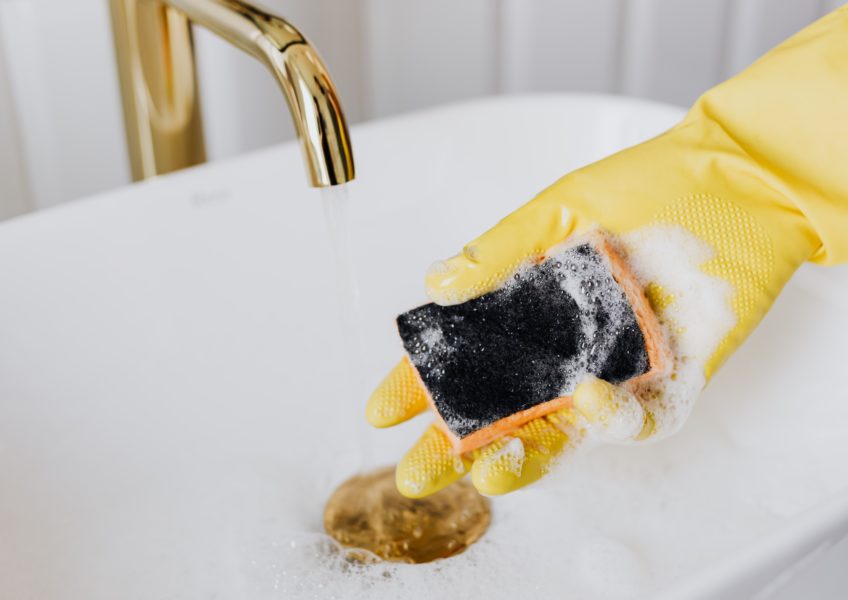















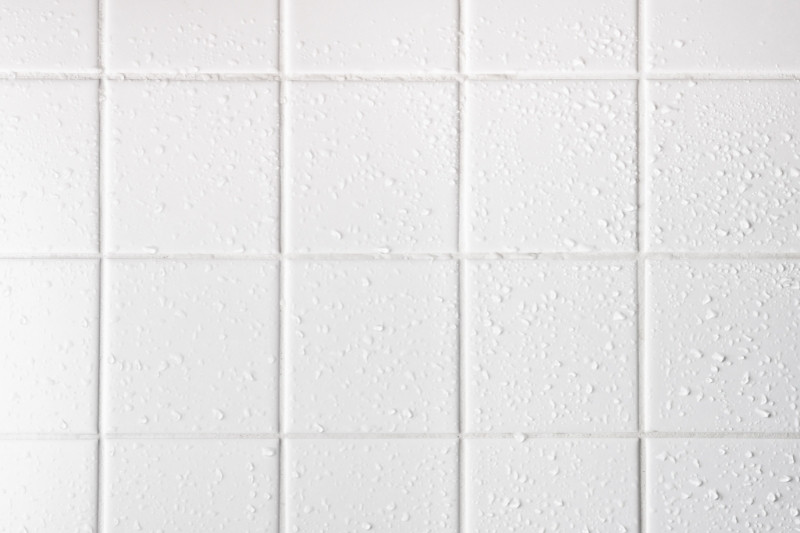
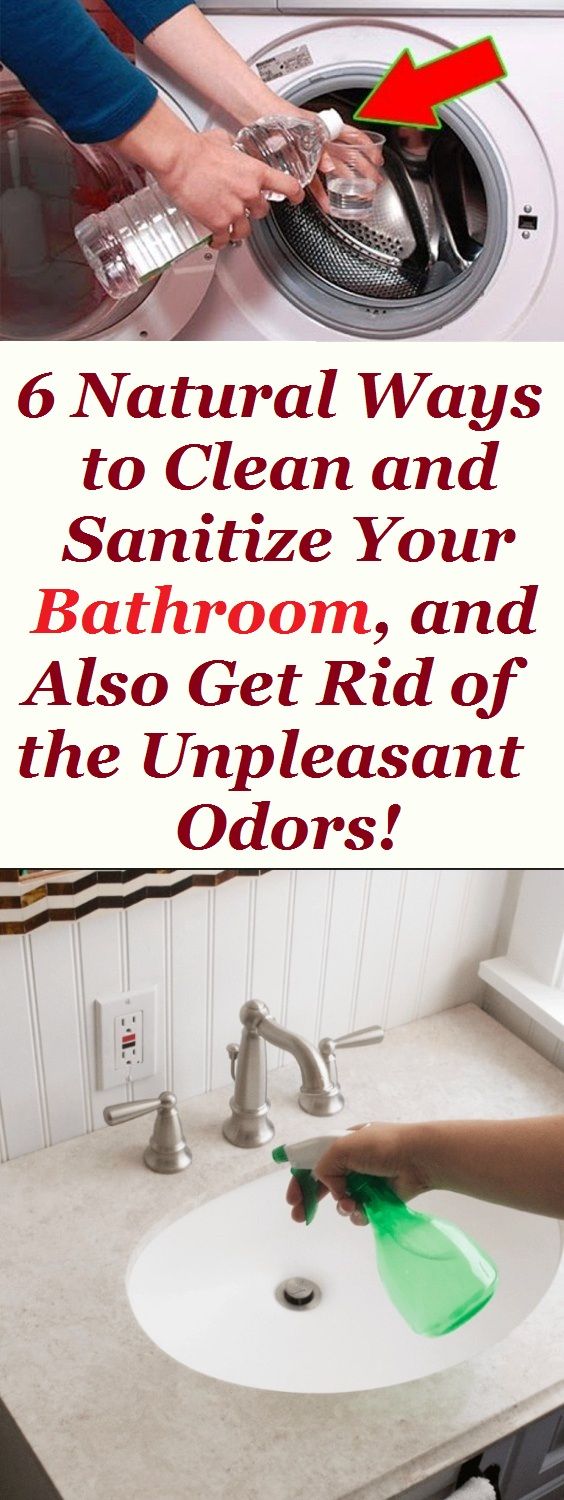




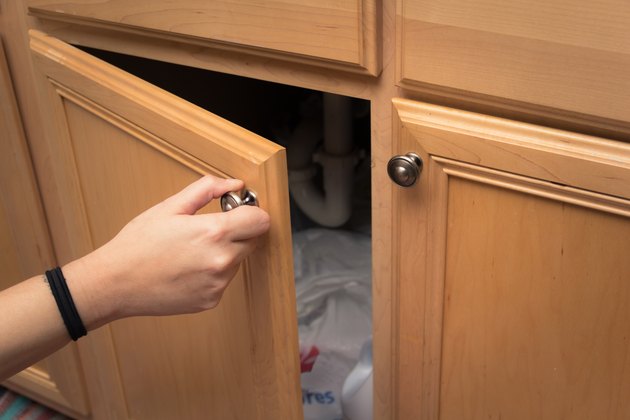







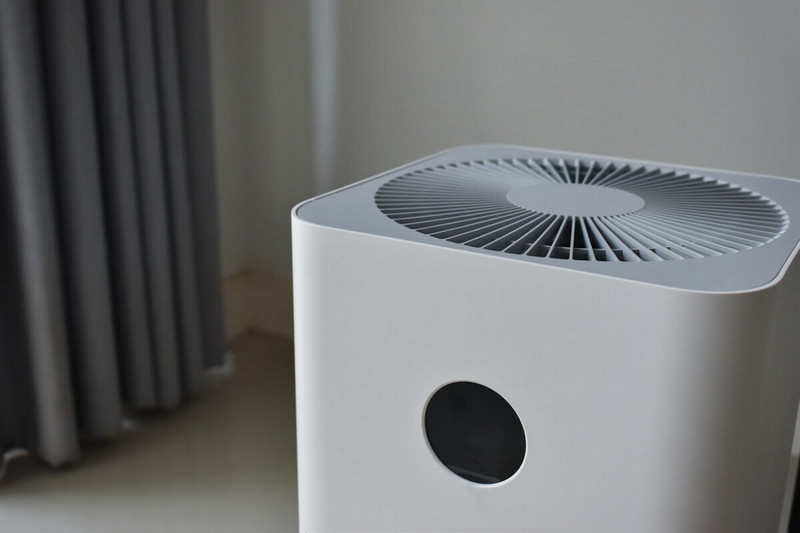




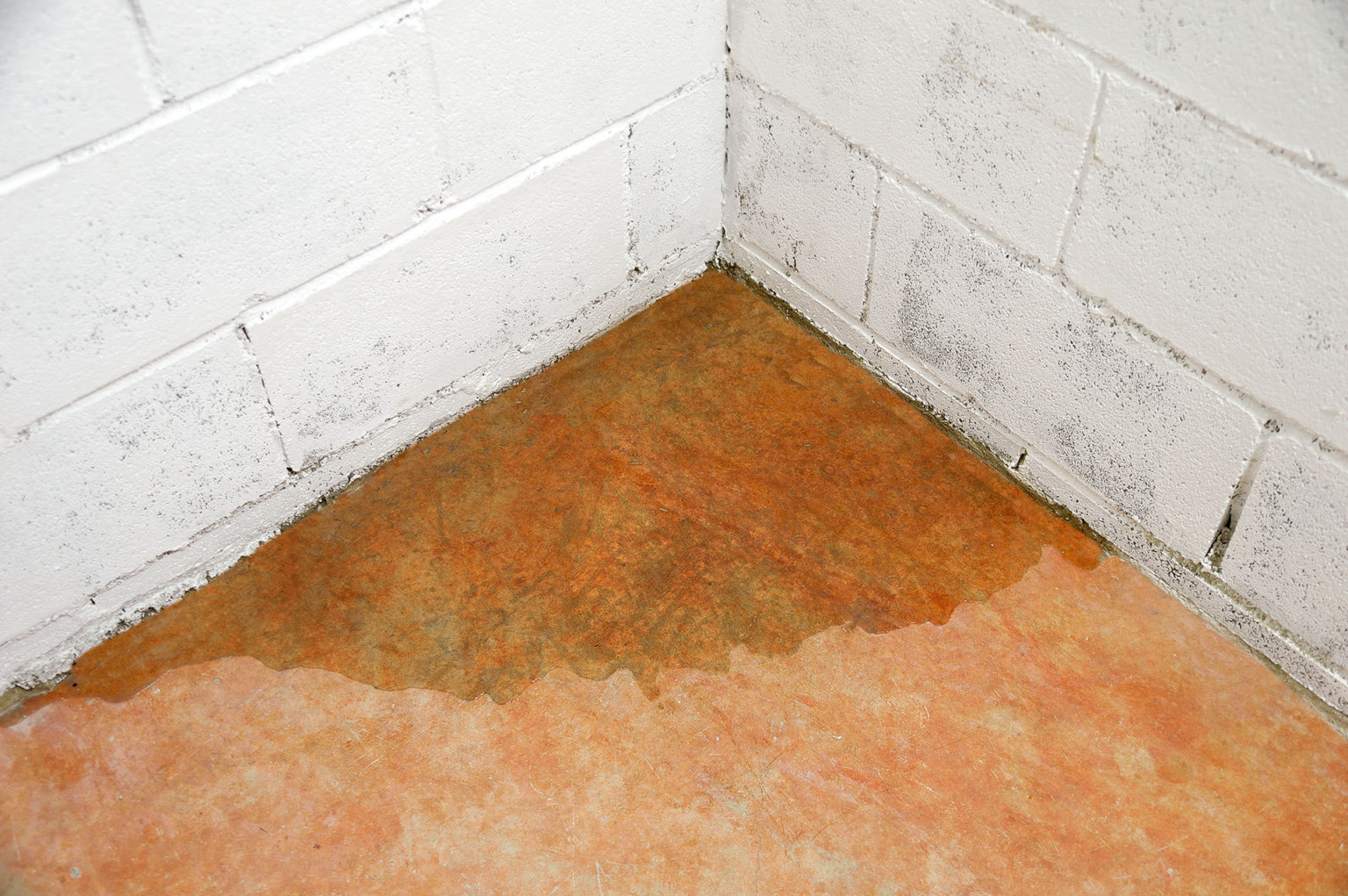



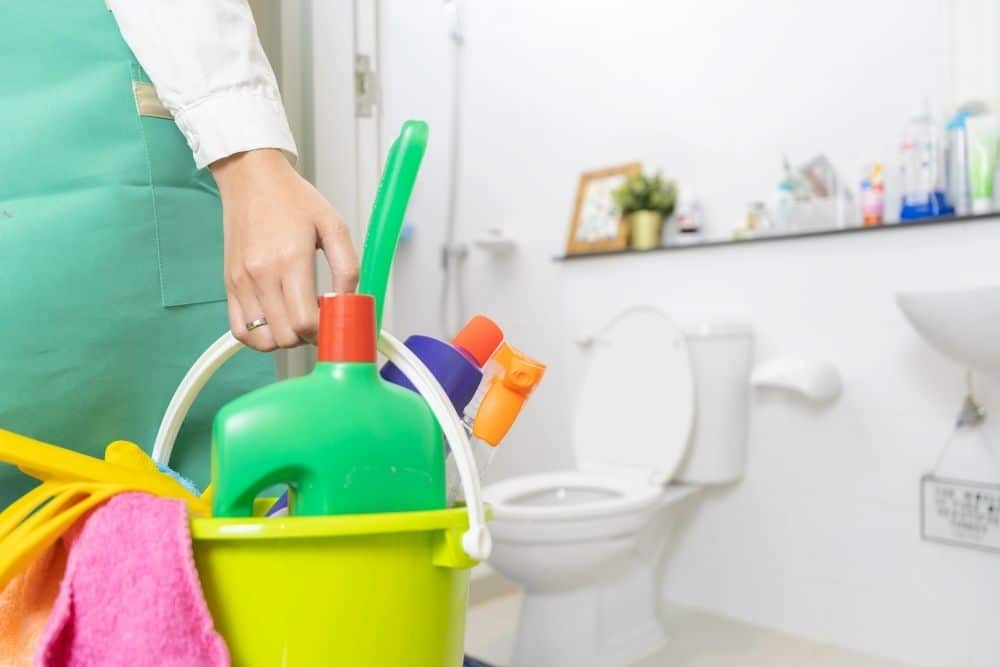





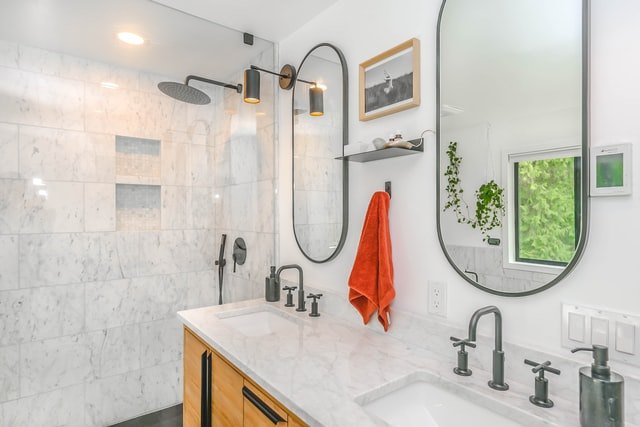




:max_bytes(150000):strip_icc()/cleaning-bathroom-sink-GettyImages-dv1449036-566b487a3df78ce16163bfba.jpg)
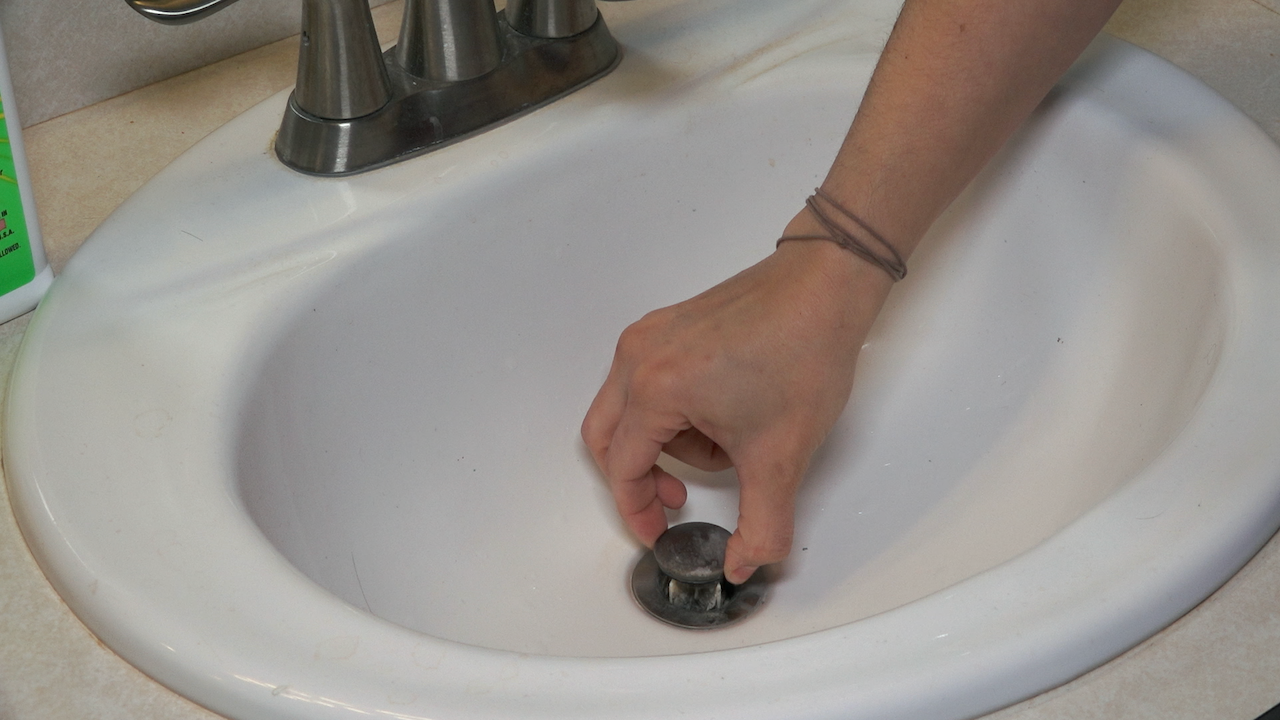




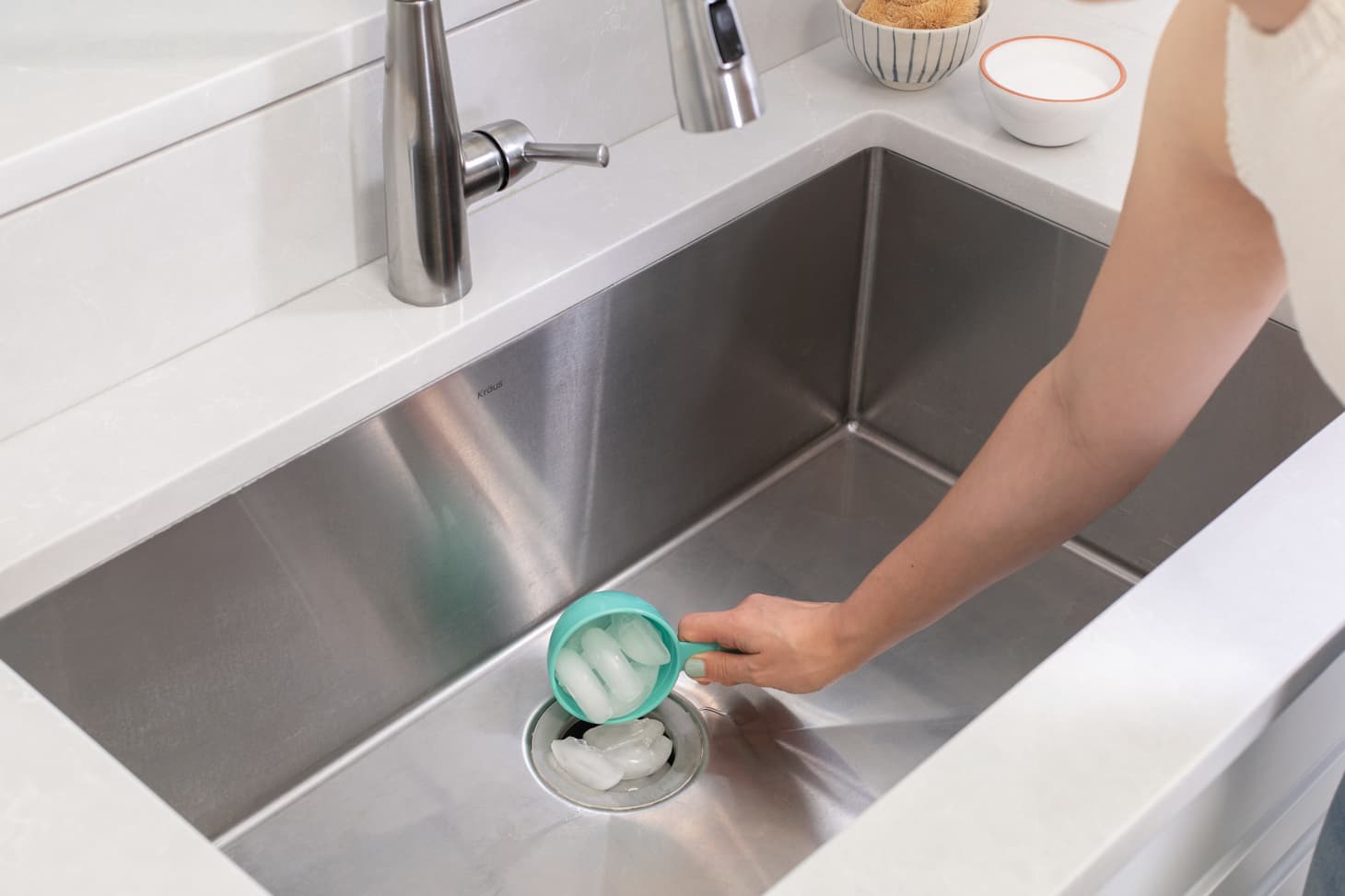
:max_bytes(150000):strip_icc()/freshen-and-unclog-drain-with-baking-soda-1900466-22-bbf940b70afa4d5abef0c54da23b1d3f.jpg)


